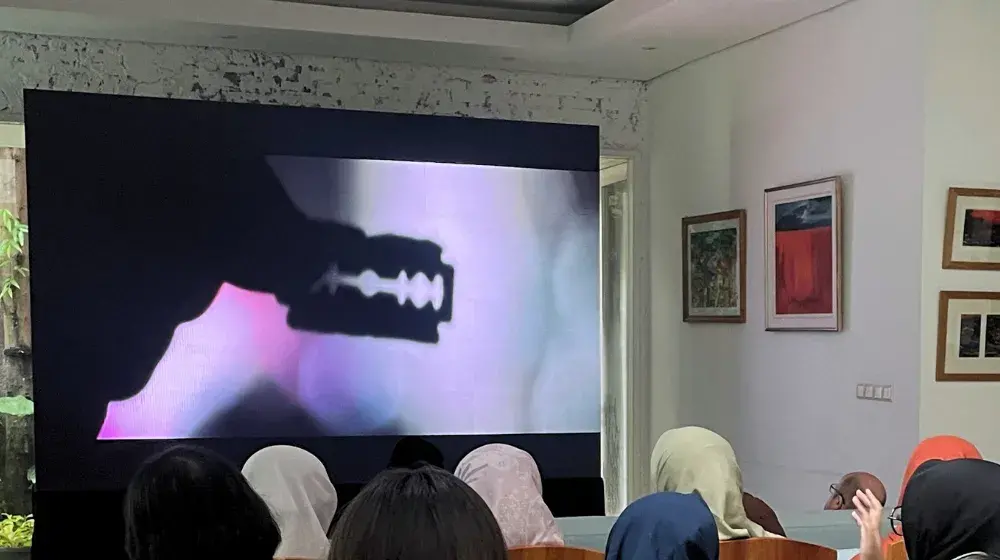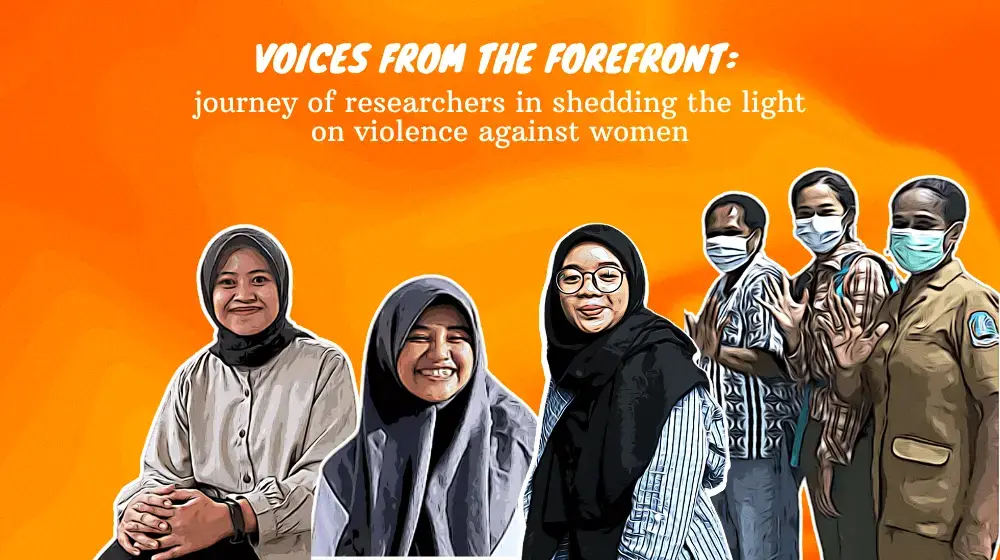Jakarta, 29 March 2016 – The Government of Indonesia and the United Nations Population Fund, UNFPA, signed today the new five-year plan of the agency that aims to promote reproductive health, empower youth, improve gender equality and increase the use and access to accurate data in the country.
UNFPA will invest in Indonesia $24 million in its Ninth Country Programme (CP9), which will focus on four outcomes: maternal health, HIV prevention and family planning; adolescents and youth; gender equality and prevention of gender-based violence and harmful practices; and population dynamics and data. In addition, UNFPA will continue to promote policy dialogue and advocate on issues related to the 1994 International Conference on Population and Development (ICPD) and the recently-adopted Sustainable Development Goals (SDGs) throughout the CP9.
This is the third time that UNFPA has developed and signed a five-year Country Programme Action Plan (CPAP) with the Minister of the National Development Planning Agency (BAPPENAS).
“The finalization of the new CPAP is aligned with Indonesia’s National Medium Term Development Plan [RPJMN] - [2015-2019], UNFPA’s Strategic Plan [2014-2017], and the United Nations Partnership Development Framework [2016-2020],” said BAPPENAS Minister Sofyan Djalil at Tuesday’s signing ceremony.
“The new plan also reflects the issues related to the ICPD and the recently adopted Sustainable Development Goals.”
UNFPA Indonesia’s new Representative, Dr. Annette Sachs Robertson, who just completed her assignment as the Representative in Afghanistan, said the finalization of the CPAP had been the result of intensive consultations with a wide range of national partners, involving government, experts, civil society and faith-based organizations, as well as young people.
“The process has been expertly led by BAPPENAS, to whom I extend my greatest appreciation. I also express my appreciation to other major implementing partners,” said Dr. Robertson, adding that the document would serve as the main instrument to guide the CP9 partnership between the Government of Indonesia and UNFPA.
“The final CPAP document reflects not only a strengthening of the relationship between UNFPA and the Government of Indonesia, but also the maturing of its partnership. Looking now at the cooperative process that was undertaken during the development of the CPAP, I have great faith that the Ninth Country Programme will continue to improve on the standards that we have set together over the last five years.”
The changing priorities within UNFPA and Indonesia’s shifting development status to a middle income country mean that UNFPA’s contribution in Indonesia is transitioning from service delivery to focus on upstream policy dialogue, advocacy and knowledge management.
UNFPA began its partnership with the Government of Indonesia in 1972 and implements its programmes through partnerships with several ministries, departments and agencies including BAPPENAS, the National Population and Family Planning Board (BKKBN), the Ministry of Health, the Ministry of Women’s Empowerment and Child Protection, BPS-Statistics Indonesia, and the National Commission on Prevention of Violence Against Women (Komnas Perempuan). The agency also maintains active partnerships with other government bodies, civil society organizations, faith-based organizations, the private sector, and youth and women’s networks.
***
UNFPA, the United Nations Population Fund, is the lead UN agency for delivering a world where every pregnancy is wanted, every birth is safe, and every young person's potential is fulfilled.
For more information, please contact:
Mr. Samidjo, National Programme Officer for Advocacy, UNFPA Indonesia
+62 812 106 8328 or samidjo@unfpa.org
Tags: advocacy




